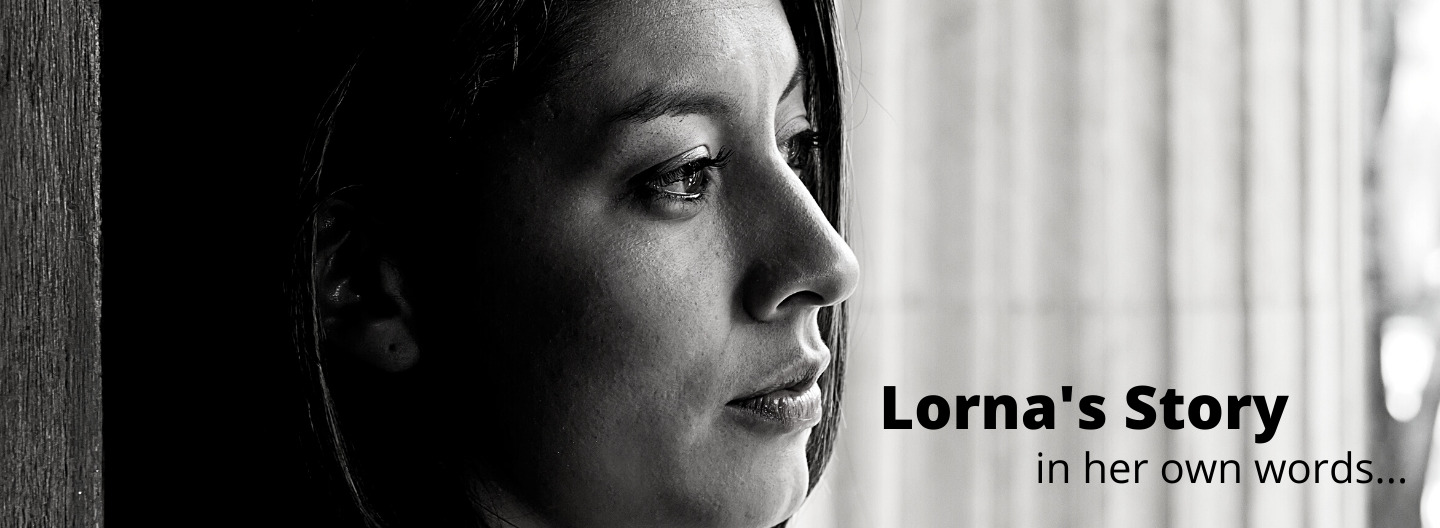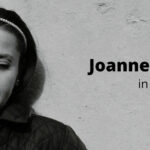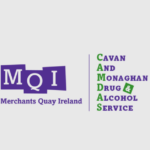 I just wanted to escape. That’s why I loved drugs. I hated where they left me, but I loved what they did to me, the escape they gave me. By the time I was sixteen, I was suicidal. When I was seventeen, I remember cutting my wrists and taking a load of sleeping tablets.
I just wanted to escape. That’s why I loved drugs. I hated where they left me, but I loved what they did to me, the escape they gave me. By the time I was sixteen, I was suicidal. When I was seventeen, I remember cutting my wrists and taking a load of sleeping tablets.
I’d always felt different. I’m dyslexic but I didn’t find out till I was in recovery, so when I was in school, everybody just thought I was stupid or lazy. At home, I was always told that I wasn’t worth anything.
I just wanted to escape. That’s why I loved drugs.
On top of struggling in school, my da was an alcoholic, and I’d already been embarrassed publicly so many times by meeting him drunk in the street when I’d be out with my friends. So, I started acting out in school, going on the hop. I was hanging out with the sixth years and they were all smoking hash and drinking. That’s how I fell into doing that sort of thing.
When I was seventeen, it all got too much, and I ended up in hospital for an overdose. After they pumped my stomach, they sent me down to rehab. I met my son’s da there, Jim, when I was eighteen and he was twenty-five. He was bad on drugs then, and still is. Shortly after my son was born, I was put in emergency accommodation. The 3 of us stayed there, and that’s when I got hooked on heroin.
When I was seventeen, it all got too much, and I ended up in hospital for an overdose.
I can remember when things came to a head for me. I had completely deteriorated from the drugs, and only weighed 6 and a half stone. I was doing a CE course at a community centre at the time, but I was after getting back deep into addiction. One night, I had a big fight with Jim and went for a walk in the village. I bumped into the manager of the community centre and she said hello to me, and I just burst. I said, “I can’t do it anymore Diane. I want to end it,” and she said “We’ll go for a coffee. I am not leaving you.”
She suggested I come back to the day programme and prepare to go into treatment. I kept saying “It’s not going to happen for me”, because I really didn’t believe it could. I think there was a little flicker of light there, but I just couldn’t see it. Diane kept pushing, so my parents agreed to care of my son and I went back over to the community centre the next day. I was recommended to Merchant’s Quay’s programme at St. Francis Farm.
I think there was a little flicker of light there, but I just couldn’t see it.
I got to the farm and went through their detox and rehab. There were difficulties with it being a mixed setting. I think it’s very hard for women to access recovery, and not even just in recovery, it’s very hard for women in addiction, in general. You’re always left holding the kids, everything is left up to you. I noticed it was just easier for men.
There’s also the issue of feeling uncomfortable with men in the room. In mixed recovery for example, we used to have to do yoga, and I’d feel so self-conscious, I didn’t want to bend down in front of them, because I’d heard the way the fellas would talk about women. “Oh, the arse on her…” I’d make excuses not to join in, because I didn’t like feeling stared at, feeling objectified.
There were difficulties with it being a mixed setting. I think it’s very hard for women in addiction, in general.
But I felt safer towards the end of it in the farm. I was more comfortable with myself. I remember one of the staff saying to me towards the end at the farm, “Oh my God, the change in you since you first came here!”
During my last week in detox, my ma and da were coming to see me, and I was ready to go with my bags packed. When they arrived, I discovered they’d deliberately filled the car so I couldn’t try to come back with them. My son was there too, and I remember going for a walk with him around the farm. He was fourteen at the time, he linked my arm and said to me, “Ma, how long would you have to stay in rehab?” and I said, “fourteen weeks.” He said, “What is fourteen weeks out of the rest of our lives?” And I had a moment of clarity then. He was after being the adult for his whole life, and he hadn’t got that chance to be a child. He’d been worrying about me, and now he knew I was safe, so I had to give him that.
He said, “What is fourteen weeks out of the rest of our lives?” And I had a moment of clarity then.
I completed my stay at St. Francis farm, and continued to aftercare for several months. That’s when I was diagnosed with dyslexia, at the age of 38. They helped me get into Career Path and I’ve finished all my levels now, starting my second year of University this Autumn.
My son is in his twenties now, and he’s doing really well. He always says “Ma, I’m so proud of you, when you think about it, like everything we’ve been through, being homeless and everything. You’ve come so far. You’re so resilient and strong.” He has a good head on his shoulders, and he’s my biggest supporter. It’s amazing, all these people that believed in me when I couldn’t see the light, I’m so grateful.
Thank you Lorna for sharing your story with us.
Lorna’s journey to recovery could have begun much earlier, if only the support she needed had been there sooner. Research shows that for women to have the best chance of healing from the trauma of homelessness and addiction, they need the safety and security of a female-only space.
Today, if you’re kind enough to give, you can help build that safe haven for vulnerable women. Please Donate Now if you can.

